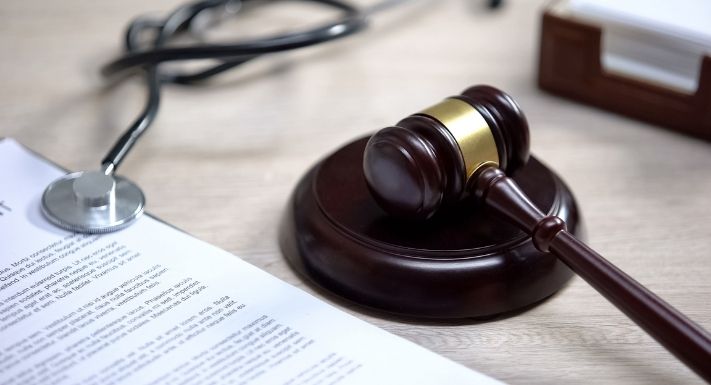
The 5 Most Common Types of Birth Injuries
March 7, 2022
3 Common Examples of Physician Negligence
March 23, 2022Personal injury claims can take a long time to sort through—the wheels of justice turn slowly. While you and your attorney work to get justice, you may feel tempted to talk about things. This may seem like a good way to get all that stress off your chest.
However, social media is a very public forum. Before you take to such a platform to vent, think about the potential consequences for your case. Here’s what to know about social media and personal injury claims.
Posts Can Come Back To Bite You
Insurance companies always aim to decrease the amount of money they’ll have to pay you. If your name is attached to your social media platforms, all it takes is an easy Internet search for them to access your posting history. How will you feel if you hear your tweets read out in court?
Even if you change all your profiles to private or “friends only” settings, the defendant’s insurance company can reach out to those friends for information. And if your friend tells them that you’re doing okay after the injury, they can use that against you.
What Can Harm Your Case?
You can see detrimental effects on your personal injury case for going to your usual haunts. If you claim that a car accident wrecked your shoulder, don’t post photos of yourself at the tennis court—even if you’re not playing. The defendant’s insurance company will look to catch you in lies, whether real or perceived.
When you call a personal injury lawyer in Boise, they’ll likely advise you to stay off social media until the case is over. Your social media posts count as statements and are admissible as such in court.
What Not To Do
There are some pitfalls that pop up a lot in personal injury cases. Avoid the following:
- Admitting fault: A sentence as short as “I crashed my car” can be an admission of fault in the accident.
- Downplaying your injury: Again, it can be temptingly easy to tell your friends and family that you’re all right on social media. However, the defendant’s insurance company will use that post as an excuse to lower the amount of your settlement.
- Lashing out at the defendant: Even if they hurt you badly and have shown no remorse, don’t say anything negative about the person who hurt you. That reflects poorly on your character.
What do you need to know about social media and personal injury claims? Like oil and water, they don’t mix well. Preserve the integrity of your personal injury case by staying off social media until the claim resolves. Even the most innocuous of posts can come back to damage your case.





